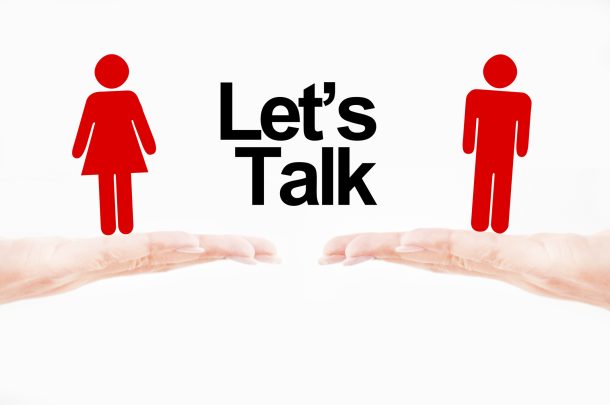
We feel anger when something gets in the way of us meeting our needs.
As well as our biological needs to eat, sleep and so on, we have emotional needs. These include the needs to feel safe, to be looked after, to care for others, to explore and to play.
When something interferes with our ability to meet these needs, we feel anger. It may be mild, like irritation or annoyance, or stronger, like rage.
Although you may not enjoy these feelings, they are not problematic in themselves. It’s how people respond to these feelings that can cause problems.
What we do with our anger
Many people find anger hard to manage. They feel the emotion but then don’t know how to respond in a constructive way.
Some choose to push their anger down, staying quiet and telling themselves (and others) that they’re not really angry. That feels safer for them than expressing their anger.
Others express it by losing control or in ways that others find threatening. They may become verbally or physically aggressive.
Culturally, it is considered more acceptable for women to push their anger down and men to over-express their anger. Both can be damaging to relationships and health.


Why is anger so problematic?
When anger is over-expressed, it can lead to the breakdown of intimate partnerships and other relationships, at work, with friends or in the wider family. Children are particularly sensitive to aggression, so parenting can be very challenging for those who over-express their anger. It can feel very frustrating for someone who doesn’t know how to control their angry outbursts.
For those who push their anger down, the problem is that it doesn’t go away. There is a link between under-expressed anger and depression. Also, pushing the anger down means that they don’t address the thing that made them angry, so it is more likely to happen again, meaning the problems just get worse with time.
How therapy for anger can help
Through counselling, anger issues can be addressed from two angles. The first is to understand what triggers the person’s anger, and therefore what needs to change to make them feel angry less often. The second is to help them to express their anger in a constructive way.
Anger therapy can give insight into unexpressed or internalised anger and the impact that not speaking about angry feelings may be having on overall mental well-being and health.
We offer affordable anger counselling in central London. Fees for personal therapy are £45 per session with our carefully selected trainee therapists.
To speak with someone about anger problems, please get in touch.

Both over-expressed and under-expressed anger can lead to problems with emotional and psychological well-being.
Making your first appointment
Appointments are available Monday to Friday from 7.30 am until 8.30 pm and on weekends from 7.30 am until 7.30 pm. Appointments last 50 minutes.
Our therapists
Our therapists are in the final stages of their psychotherapy training. If you would prefer to see an experienced, fully-qualified therapist instead, please visit our partner practice One Therapy London where you can check availability and book your first appointment online.

Please use our enquiry form below and we will respond shortly
There are a number of ways to reach us
Face2Face London
63-64 Margaret Street
London
W1W 8SW
Telephone : 0333 207 6880
Email : hello@face2face.london
Online
To book your first appointment with us, complete our online booking form and we will contact you shortly.
If you prefer to speak with us, you can call us between 9:00am – 12:30pm Monday to Friday.
Appointments available
Mondays to Fridays 7.30 am — 8.30 pm
Saturdays and Sundays 7.30 am — 7.30 pm

